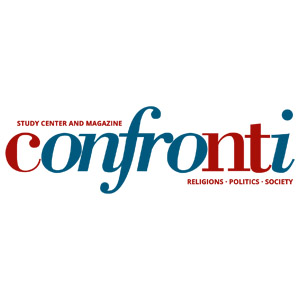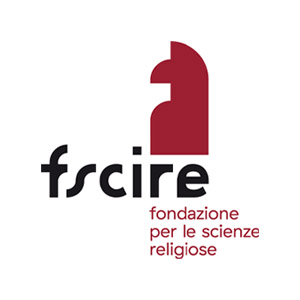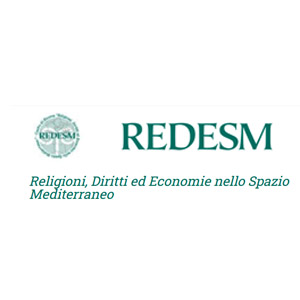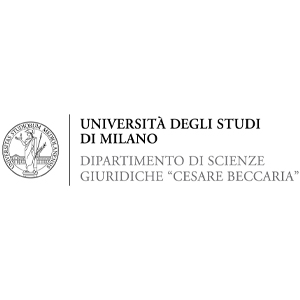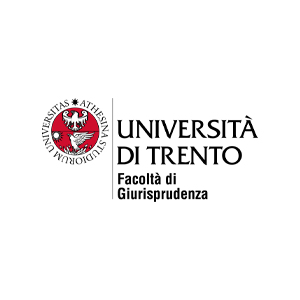Türkiye
RELIGIOUS MINORITIES IN TüRKIYE
The Turkish Constitutional Court interprets the principle of secularism as (i) the non-intervention of religion to the State affairs and (ii) an interventionist, restrictive, controlling approach of State towards religious statements considering the historical facts. This is also reflected in certain religious services such as the services provided by the Presidency of Religious Affairs or religious education provided by the Ministry of National Education. In 2012, the Turkish Constitutional Court stated that one of the aims of the secular state was to build a political order where individuals could live peacefully together with their different beliefs, while preserving social diversity and that the individual choices and the lifestyle shaped by these choices were under the State protection. Despite the fact that, in this decision, the Court put a burden of positive obligations on the State for providing services such as religious education in schools, non-Muslim citizens and the citizens, who request so, can be exempted from these lessons (after the Hüseyin El and Nazlı Şirin El individual application decision of the Turkish Constitutional Court of 7 April 2022).
Türkiye, besides the Treaty of Lausanne, is party to many international and regional treaties related to human rights, and as per Article 90 of the 1982 Constitution, “international agreements duly put into effect have the force of law and no objection of unconstitutionality shall be raised with regard to these agreements. Moreover, in the case of a conflict between international conventions concerning fundamental rights and freedoms and the laws, due to differences in provisions on the same matter, the provisions of international agreements shall prevail”. The European Convention on Human Rights and the European Court of Human Rights case-law have been acknowledged as one of the sources of the Turkish legal system. However, Türkiye put certain reservations and made interpretative declarations for certain treaties. Türkiye ratified the Protocol 1 to the European Convention on Human Rights, but put reservations to Article 2 of this Protocol, which protects the right to education and also obliges States to respect the right of parents in the field of education. Moreover, Türkiye has not become a party to the European Charter for Regional and Minority Languages and the Framework Convention for the Protection of Minorities.
Additionally, in the framework of the United Nations, by ratifying the International Covenant on Civil and Political Rights, it is under the obligation to protect freedom of thought, conscience, religion and belief in accordance with Article 18 of the Convention. However, with its reservation on Article 27 of the Convention, it has reserved the right to interpret and apply the provision on the protection of ethnic, religious and linguistic minorities in accordance with the relevant provisions and procedures of the Turkish Constitution and the Treaty of Lausanne.
Türkiye, also with its reservation on paragraphs 3 and 4 of Article 13 (right to education) of the International Covenant on Economic, Social and Cultural Rights, has limited its commitment to respect the freedom of parents to choose schools other than those established by public authorities for their children and to provide their children with religious and moral education in accordance with their own beliefs. It has ratified the Convention on the Rights of the Child, again with reservations – on Articles 17 (right to access information), 29 (right to education) and 30 (protection of minorities) – and it has reserved the right to interpret and apply the said Articles in accordance with the relevant provisions and procedures of the Turkish Constitution and the Treaty of Lausanne.
Additionally, the 1923 Treaty of Lausanne, which gave additional rights for the minorities to maintain their differences, provided in its Article 37 that the provisions on the protection of minorities were to be recognized as fundamental laws. However, as per Article 45 of the Treaty, the rights conferred by the provisions on the non-Muslim minorities of Türkiye will be similarly conferred by Greece on the Muslim minority in her territory. So, there has been a conditional approach of the reciprocal application of the Treaty for the Muslim minority in Greece and the non-Muslim minority in Türkiye, instead of a regime of parallel obligations. The Treaty of Lausanne continues to be an extremely important legal document in terms of the protection of freedom of religion and belief, especially in its collective dimension; however, the restrictive interpretation and application of these rights remains a serious obstacle to effective protection for minorities.
Esra Ünal


 MENU
MENU
 CLOSE
CLOSE
